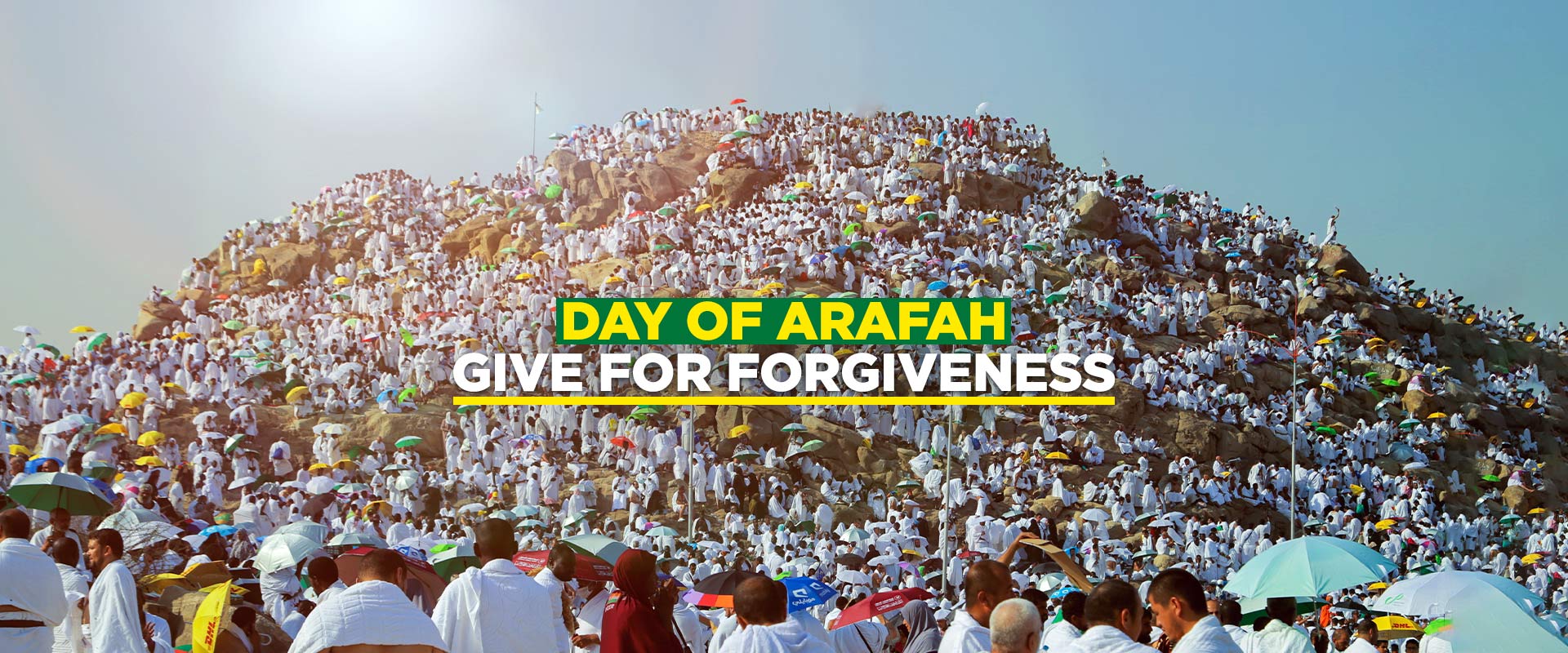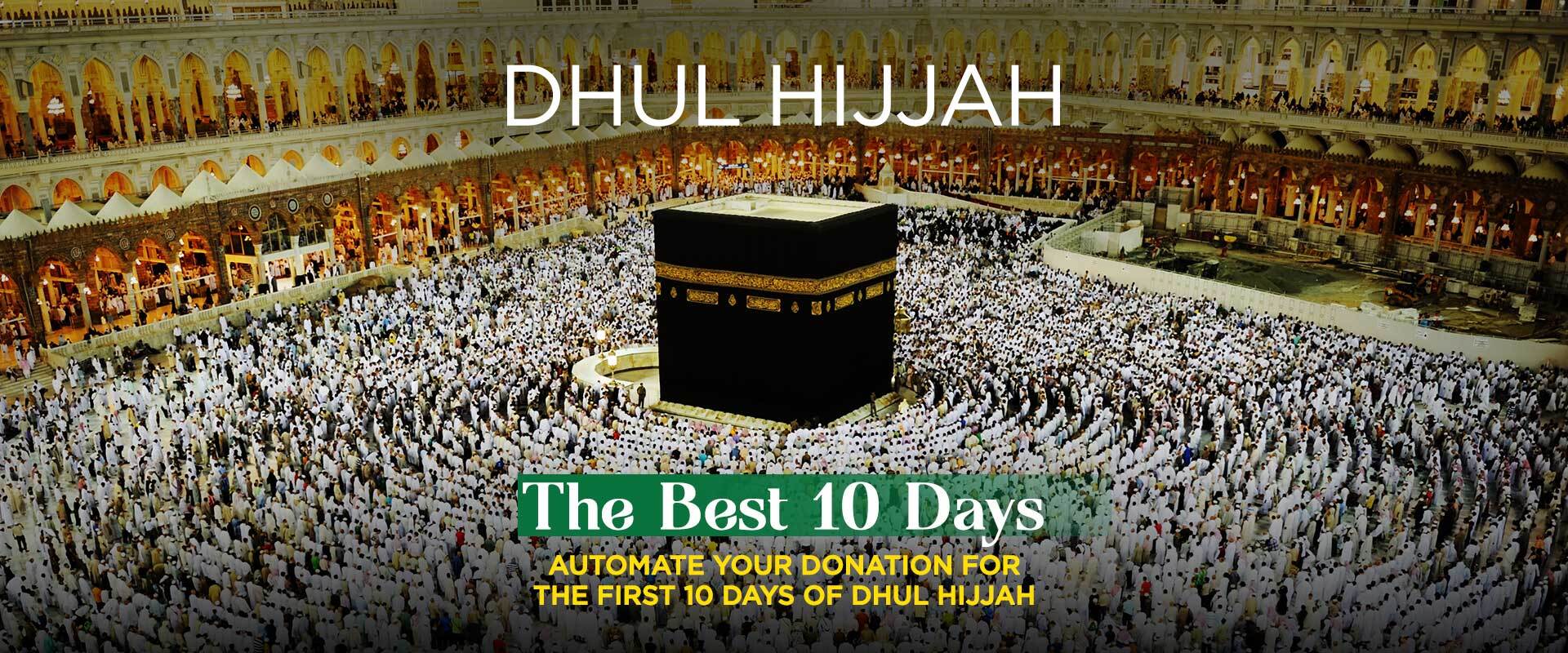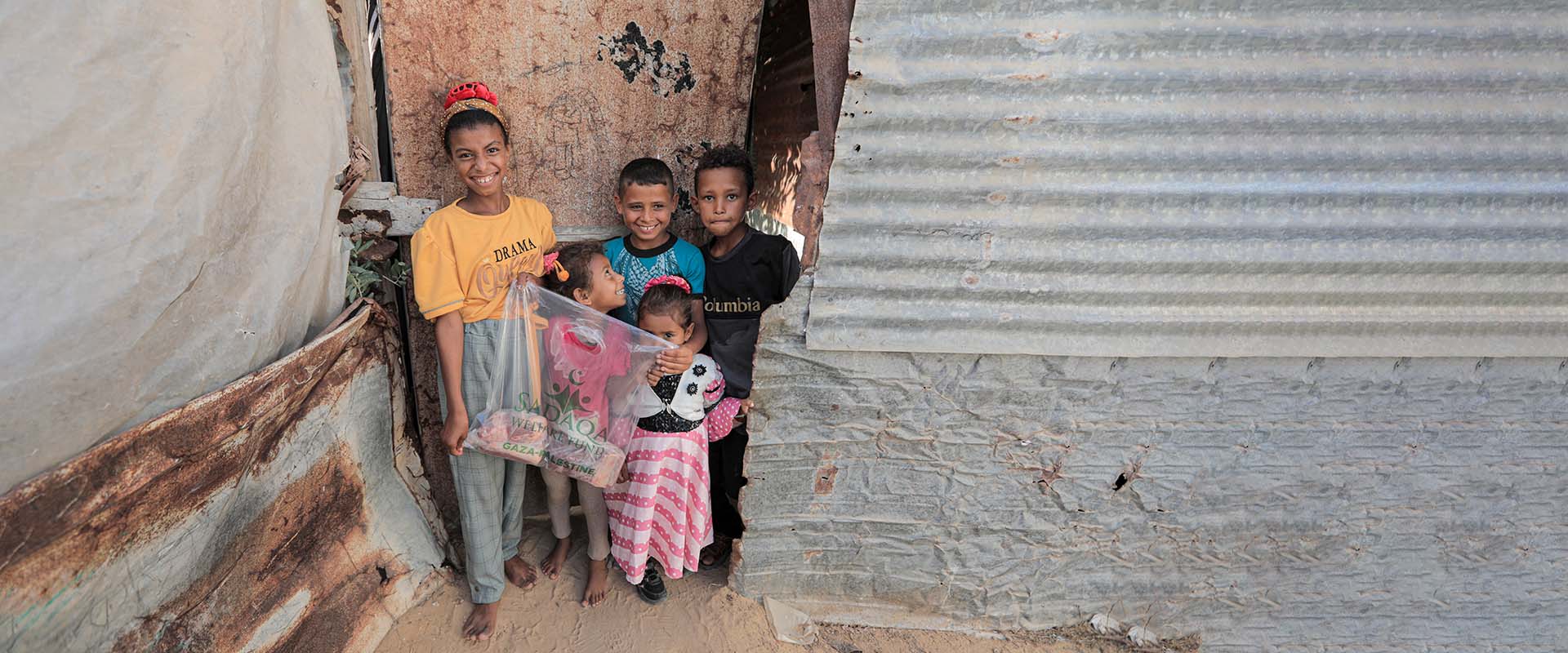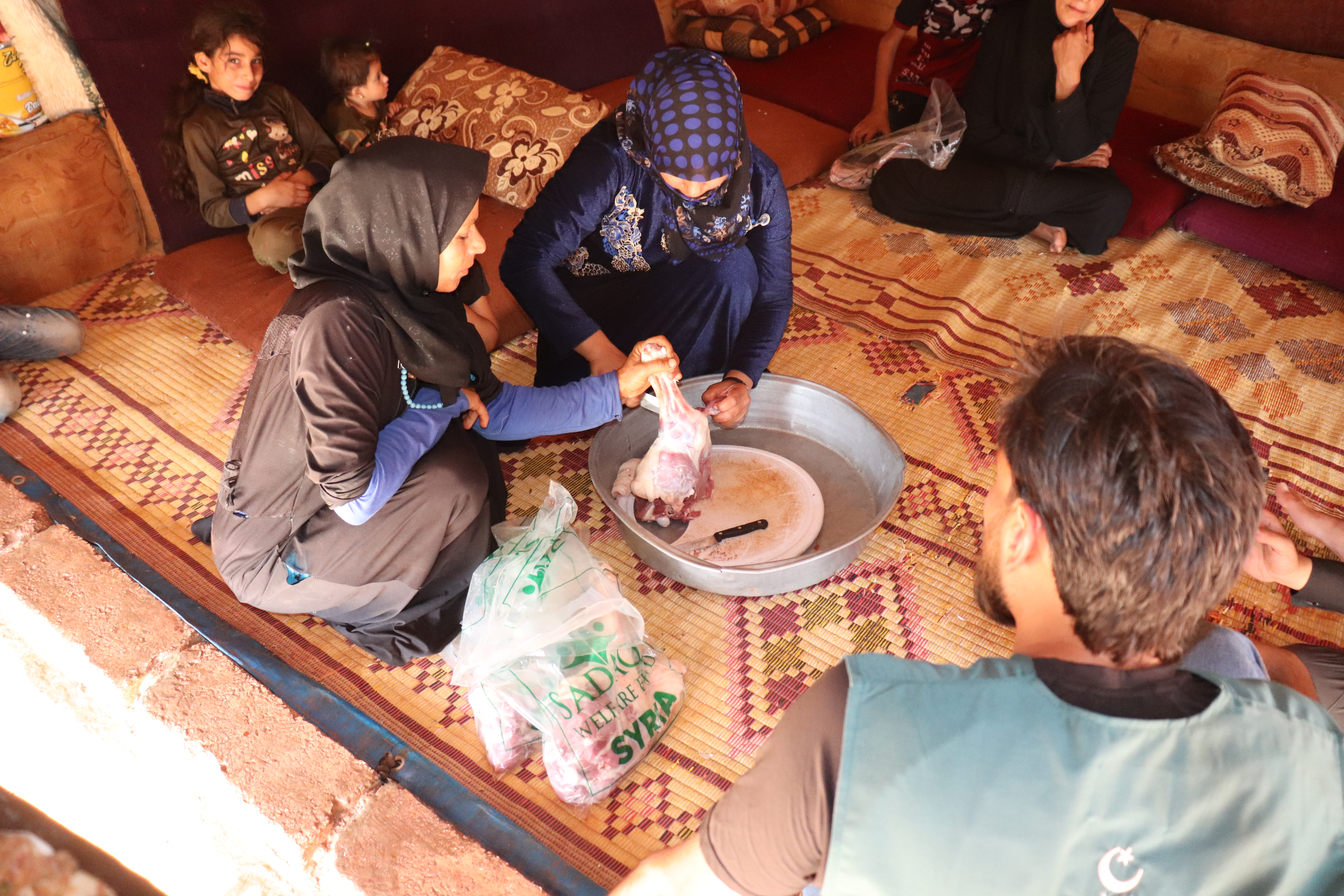Hajj in Islam: The Meaning and Pillars of the Sacred Journey
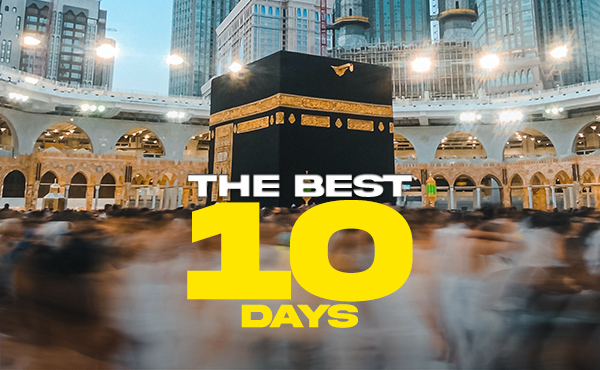
Hajj in Islam: The Meaning and Pillars of the Sacred Journey
Hajj is the pilgrimage to Makkah and is one of the five pillars of Islam. It is obligatory once in a lifetime for those who are physically and financially able.
Allah says:
"And [due] to Allah from the people is a pilgrimage to the House – for whoever is able to find thereto a way."
(Qur'an, 3:97)
Hajj is performed during specific days of Dhul-Hijjah and includes rites like Tawaf (circling the Kaaba), Sa’i (walking between Safa and Marwah), standing at Arafah, and sacrificing an animal.
The Prophet Muhammad (ﷺ) said:
"Whoever performs Hajj for the sake of Allah and does not commit any obscenity or wrongdoing, he will return like the day his mother gave birth to him."
(Bukhari, 1521)
Hajj teaches patience, unity, and submission to Allah. It reminds believers that in Allah’s eyes, all are equal, regardless of status or nationality. Those who can’t perform Hajj are still encouraged to engage in good deeds during these sacred days.
